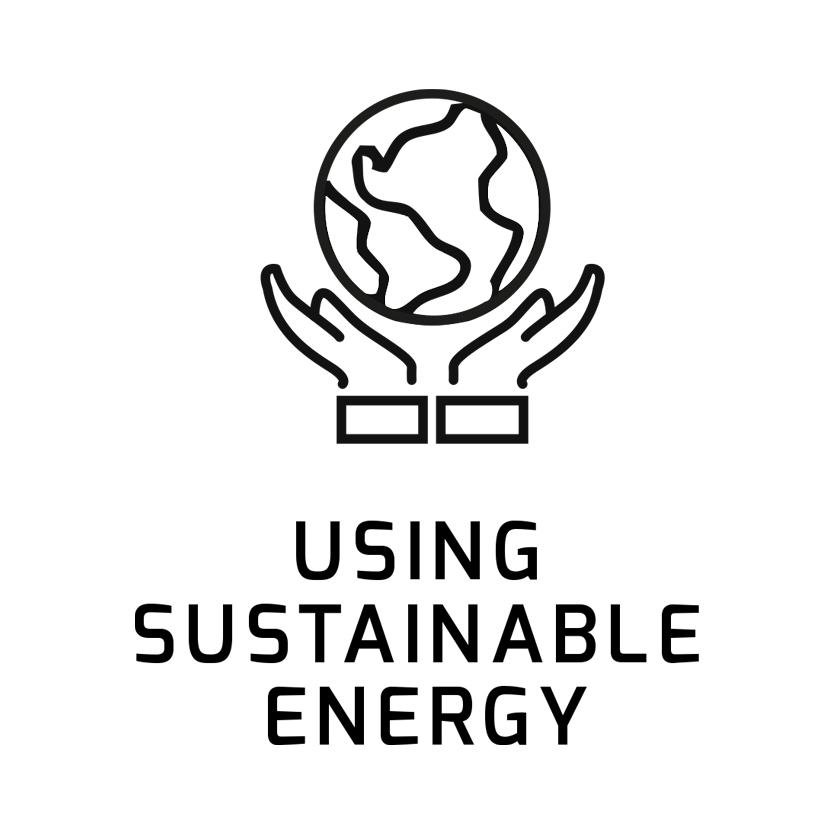Sustainable Printing
All of our garments are printed and embroidered in the UK.
Our printed products are printed using Greenprinted™️ technology which is entirely non-toxic, uses 95% less water than traditional printing and powered by renewable energy.
Greenprinted™️ utilises digital “waterless” printing and is powered solely by renewable energy. Greenprinted™️ uses NeoPigment inks. These are absolutely free of any heavy metals, animals by-products, formaldehyde and Alkylphenol Ethoxylates (APE). This makes the ink non-hazardous, non-toxic, 100% biodegrabable and Vegan.
The main environmental issue in the textile printing industry is water pollution; the amount of water used in conventional processes is staggering. Our printers bond ink to your fabric in the most water-free process available, using 95% less water than traditional methods.
